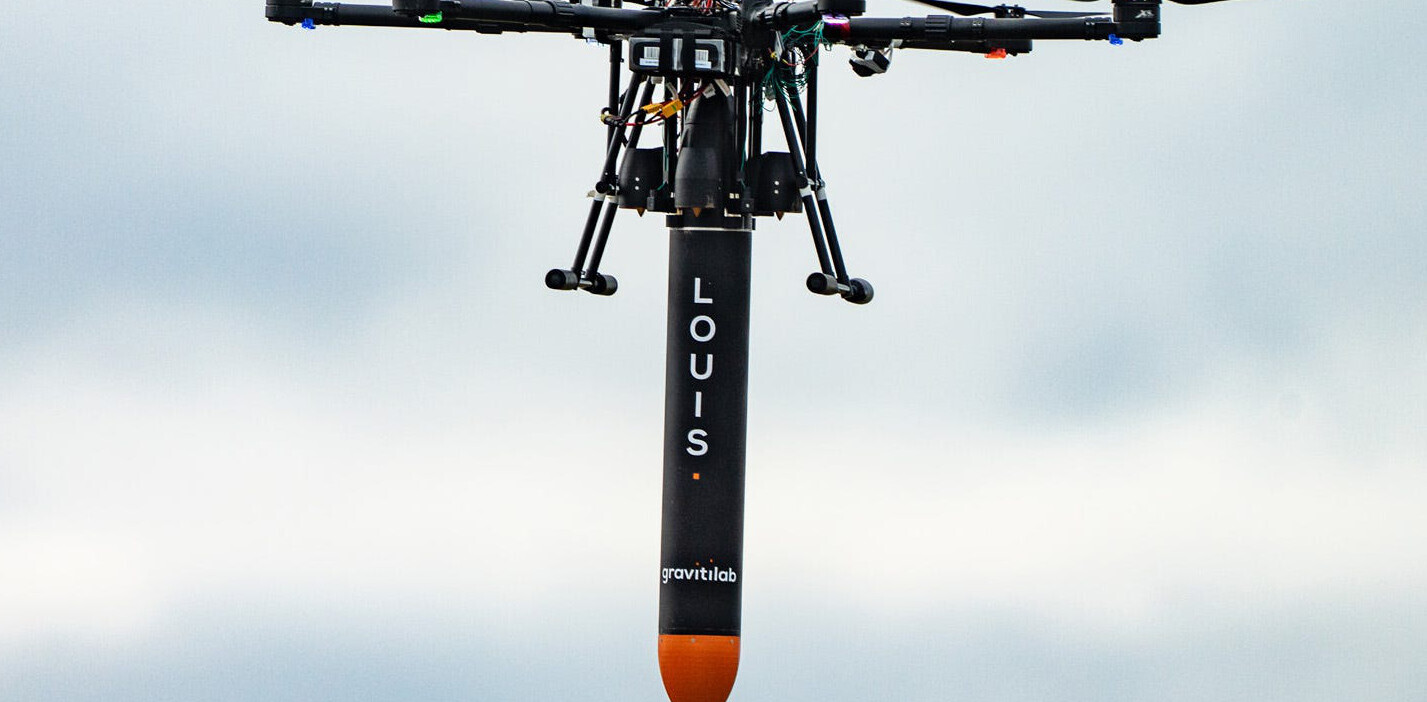
Last May we reported on the UK’s first multi-operator ‘superfast 4G mobile broadband’ customer trials, which eventually kicked-off in October.
Cornwall was the chosen location for the pilot project, and now EverythingEverywhere, the parent company of Orange and T-Mobile, and BT Wholesale have announced that the pilot project will be extended to the end of June 2012, having originally been scheduled to end early in the new year.
A small number of volunteers in the St. Newlyn East and surrounding South Newquay area of Cornwall signed up to test the country’s first mobile and fixed line broadband network collaboration, which examines the potential of 4G LTE technology in so-called broadband ‘not-spots’ – rural areas which can’t access high-speed Internet. It’s hoped that the technology will enable data download speeds of 100mbps for mobile users, but the main benefit could be for users on stationary wireless connections at home, where speeds can be even higher.
Whilst the UK government is working to roll out faster fibre-optic broadband to 40% of the country by the end of this year, the cost of cabling in rural areas can be prohibitively expensive, and this is where 4G LTE comes in to play, given that broadband is distributed wirelessly via masts.
UK telecommunications regulator Ofcom has agreed to extend the licence after the initial trial period proved fruitful, with EverythingEverywhere and BT Wholesale bringing wireless broadband to 180 customers, and the extension is designed to enable the companies to further investigate the application of the technology.
The companies say that the trial has thus far demonstrated that fixed and mobile technologies can work together to provide a broadband delivery option for remote rural areas.
Prior to the trial kicking off, the volunteers in question had no broadband at all, or struggled to get speeds of 2mbps. Now, many of them have been receiving an average download speed of 7mbps, which clearly bodes well for bandwidth-sapping activities such as video-streaming. Tamasin Battell, one of the triallists, commented:
“Before the 4G trial, my fiancé and I were using a dongle, and downloading anything was impossible – it was so slow. Now, we can watch on demand television and stream music. Better still, my fiancé’s sister in Australia has met her four month old nephew for the first time over Skype. The extension of the trial is a godsend for me, as I really don’t want to go back to the digital dark age.”
EverythingEverywhere also notes that there are benefits beyond that of simply giving speedy Internet access to the UK masses. “The rollout of 4G will help drive economic growth and create jobs across the UK by making the economy more competitive, by enabling businesses to be more productive, and by allowing consumers to benefit from the latest mobile innovations,” said Olaf Swantee, CEO, Everything Everywhere. “This trial has been key in investigating ways to rapidly bring 4G LTE to Britain, and Ofcom is helping us do the groundwork to accelerate the UK from laggard to leader.”
Get the TNW newsletter
Get the most important tech news in your inbox each week.




